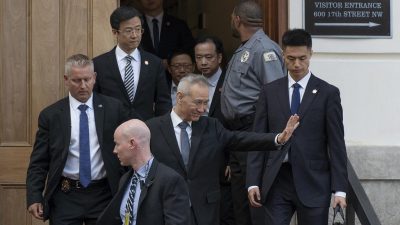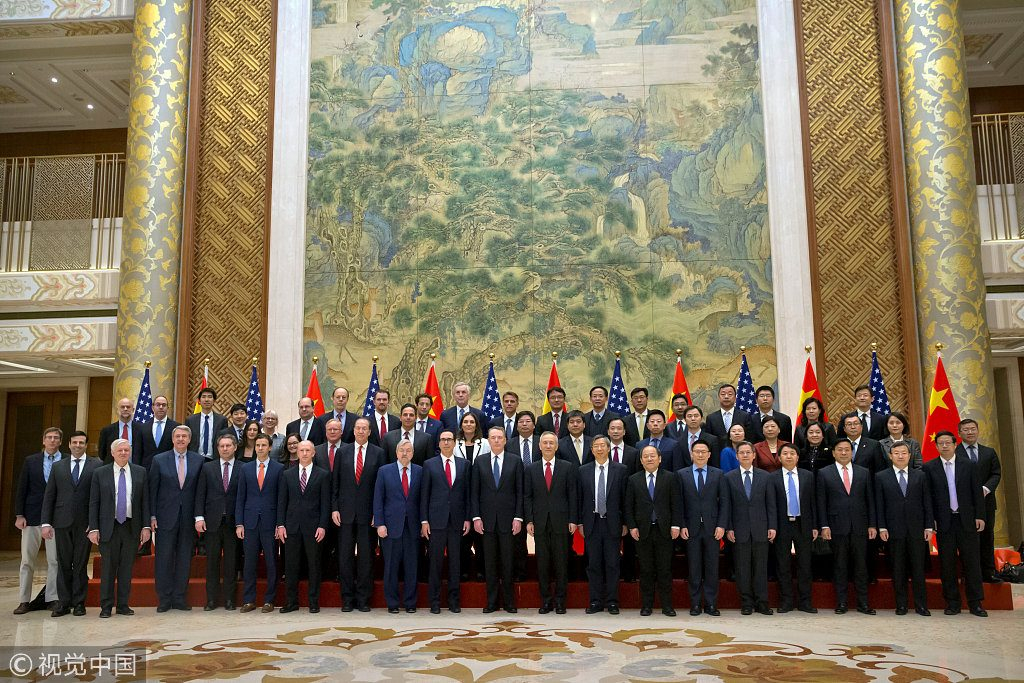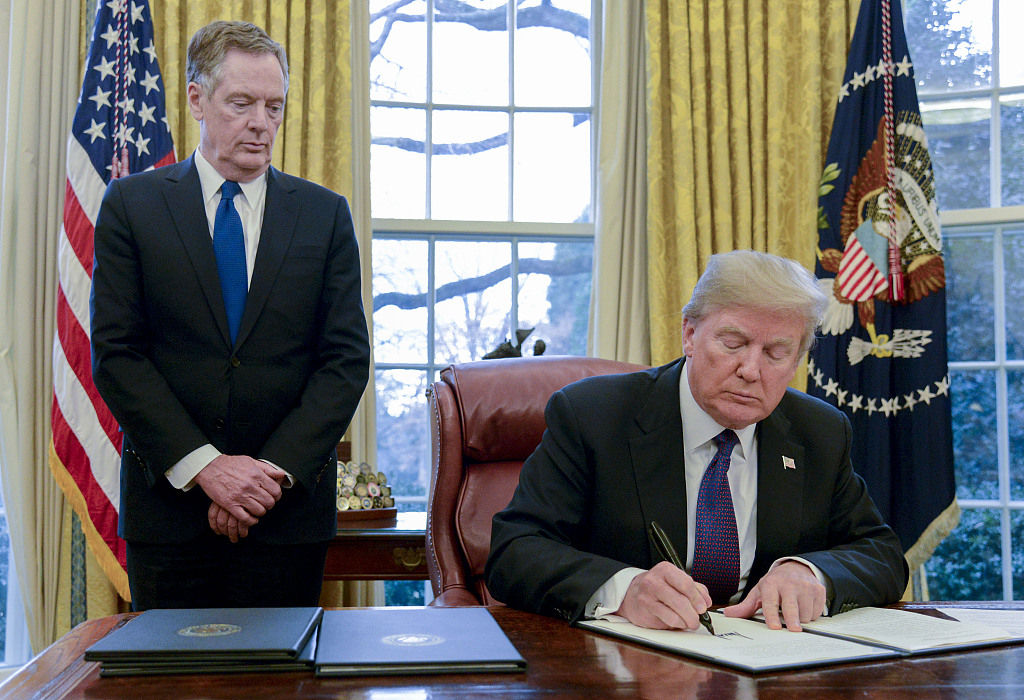Washington Had the Wrong Approach to US-China Trade Talks from the Start

The long-running trade talks between the U.S. and China seem to have unfortunately fizzled out, but while American commentators are busy blaming Beijing for their apparent failure, the fact of the matter is that President Donald Trump‘s team had the wrong approach to them from the get-go and should, therefore, take responsibility for ruining them. The American economy has different underlying fundamentals from the Chinese one and accordingly has certain structural advantages over its many competitors, which is why Washington was pushing for Beijing to drastically lower its tariffs and allow an influx of imports from the U.S.
What President Trump’s team didn’t account for, however, is China’s historical reluctance to do so after being exploited by the imperialist powers that disguised their hegemonic operations under cover of “free trade”. In fact, the infamous U.S.-led “Open Door Policy” only made matters worse for China during that period, yet that’s precisely what the U.S. was seemingly trying to replicate this time around through its trade talk demands.
It should be objectively acknowledged that China’s economy is slowly but surely opening up to the rest of the world, but this is a gradual process that must be carried out with the utmost care in order to avoid inadvertently destabilizing the country. Artificially accelerating this process like the U.S. wants to do could carry with it very serious consequences for China, hence the reluctance to agree to the American demands and the reason why China reportedly tried to renegotiate the terms of their deal.

A group photo of the Chinese and U.S. trade negotiators at Diaoyutai State Guesthouse in Beijing, China, February 15, 2019. /VCG Photo
If the U.S. intentions were purely economic and solely predicated on rectifying the trade deficit between the two, then it would have been more understanding of the Chinese position, but its leader has instead resorted to publicly spewing insults against his counterparts on social media in what appears to be a fit of rage all because they wanted to ensure that there wouldn’t be any unforeseen consequences to their economy if they complied with the proposed terms that were laid out in the deal that they were negotiating at that time.
President Trump’s dramatic reaction also speaks to the U.S. another mistake in that it failed to account for the concept of “face” in Chinese culture. Publicly insulting China’s high-level representatives was intended to humiliate the entire country and also created a toxic negotiating environment that made it extremely unlikely that any deal would ultimately be reached.
One would be forgiven for suspecting that this might have partially been the point all along and that those tweets could have been a Machiavellian tactic to doom the talks so that their failure could then be misleadingly placed squarely on China’s shoulders by the army of American commentators that have suddenly assembled to blame Beijing for what happened.

U.S. President Donald Trump signs Section 201 actions in the Oval Office of the White House in Washington, D.C., U.S., January 23, 2018. /VCG Photo
Speaking of distrust, it can’t be forgotten that President Trump’s economic team was negotiating with China in parallel with his military one provocatively sailing through the Taiwan Strait and clinching arms deals with the province, which were very unfriendly moves that made China question the real U.S. motives.
The possible success of a comprehensive trade deal between China and the U.S. could have laid the basis for a larger one regulating their relations and reducing the odds that their strategic competition with one another could one day lead to conflict, which is why it’s such a pity that everything apparently fell through at the very last minute. Even so, it’s not China’s fault for what happened because the U.S. took the totally wrong approach to the negotiations from the get-go.
It was highly unlikely that the Chinese would agree to another “Open Door Policy” considering that this could have very easily favored the U.S. at their expense, and there was close to no chance of the negotiations continuing in good faith after President Trump publicly insulted the Chinese trade team in parallel with the Pentagon’s provocative interactions with Taiwan. As such, the world needs to recognize that the responsibility for the failed trade talks rests with the U.S. alone and that no deal can ever be reached until the Americans change their positions and take China’s legitimate interests into account.
*
Note to readers: please click the share buttons below. Forward this article to your email lists. Crosspost on your blog site, internet forums. etc.
This article was originally published on CGTN.
Andrew Korybko is an American Moscow-based political analyst specializing in the relationship between the US strategy in Afro-Eurasia, China’s One Belt One Road global vision of New Silk Road connectivity, and Hybrid Warfare. He is a frequent contributor to Global Research.
Featured image: Chinese Vice Premier Liu He (C) waves as he departs the Office of the U.S. Trade Representative in Washington, D.C., U.S., May 9, 2019. /VCG Photo

